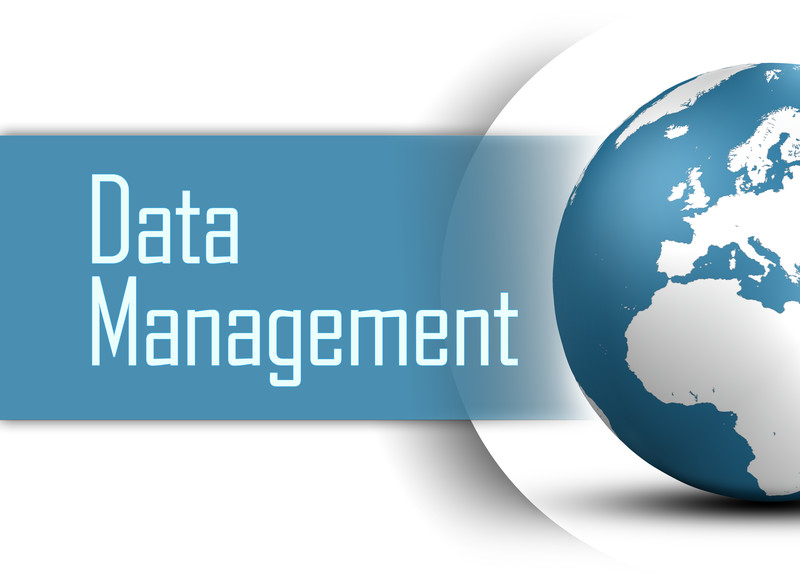The healthcare sector deals with huge volumes of sensitive patient data. This has increased the demand for digitized health records and efficient data management with the help of medical document scanning services. Over the past few years, the demand for health informatics workers has also continued to rise due to federal policies. Automation can ease the work of healthcare professionals to a large extent, and provide them ample time to focus on their core competencies. With increased focus on clinical work of high relevance, healthcare entities can improve productivity and patient satisfaction.

When it comes to digital transformation,the healthcare industry has been a latecomer when compared to other industries. However, healthcare professionals have now realized the significance of digitization and big data. Healthcare networks use big data to focus on improving population health and also to reduce healthcare cost inflation. Big data in healthcare refers to electronic health data sets that are large and complex and difficult to manage with traditional software. To derive true value from this data, it has to be analyzed and managed well.Data analytics tools are available that can help with analyzing and deriving data insights.
The healthcare industry is focusing on consolidating accurate patient data such as patients with high risk and high cost, to ensure that preventive care keeps them away from the hospital. Health data analytics can be used to derive insights from correlations and patterns identified in healthcare data, and healthcare marketers can make predictions regarding which groups of people are the most likely candidates for certain health conditions. Based on data collected in the past, they can also predict how those candidates will behave during their interactions with the healthcare organization.
These huge volumes of data can also be used for retaining the market share. Strategic decisions can be made based on this data to maximize marketing performance to stay ahead of the competitors. With the help of data scientists you can analyze the value chain and ensure that patients trying to find a doctor gets one and remain in your health system’s provider network. With the availability of predictive models based on analytical data, healthcare marketers get to save money and time because they can now focus their marketing campaigns on the most likely prospects.
Healthcare networks are investing millions of dollars to have a strong patient data management infrastructure. Healthcare units also use an emerging set of purpose-built, provider-specific data platforms to manage the hundreds of data points about each provider in a health system.
Despite the importance of error-free data and provider network participation, many health systems continue using outdated tools such as spreadsheets and content management systems. It is important to have in place new data models that can ensure constantly updated data. With big data, the healthcare industry can more easily shift to value-based care and with efficient data management it can focus on the overall healthcare value chain and the patient experience. Complete and correct data will contribute to administrative efficiency.Here are some more advantages of efficient data management.
- When patient data is integrated from all available sources, it will help with deploying personalized interactions.
- Population health outcomes can be improved by tracking current health trends and predicting upcoming trends.
- Patient engagement can be improved with predictive modelling and analysis.
- Healthcare marketers can make informed decisions based on valuable data insights.
- Based on physician and claims data available, healthcare organizations can understand physician behavior and physician loyalties, identify and solve issues and build meaningful relationships based on respect and trust. This is important to achieve successful physician alignment, increase referral rates and patient volume, and improve revenue.
For developing a big data exchange ecosystem that connects all members of the care team with meaningful and timely information to offer quality patient care, providers will have to overcome every challenge. In order to improve efficiency and ensure systematic workflow in a healthcare organization, all medical data should be converted into digital format with the help of data conversion services. When the large-scale healthcare data is managed well, health systems can create a holistic view of their patients, customize treatment protocols, and improve communication and health outcomes.



